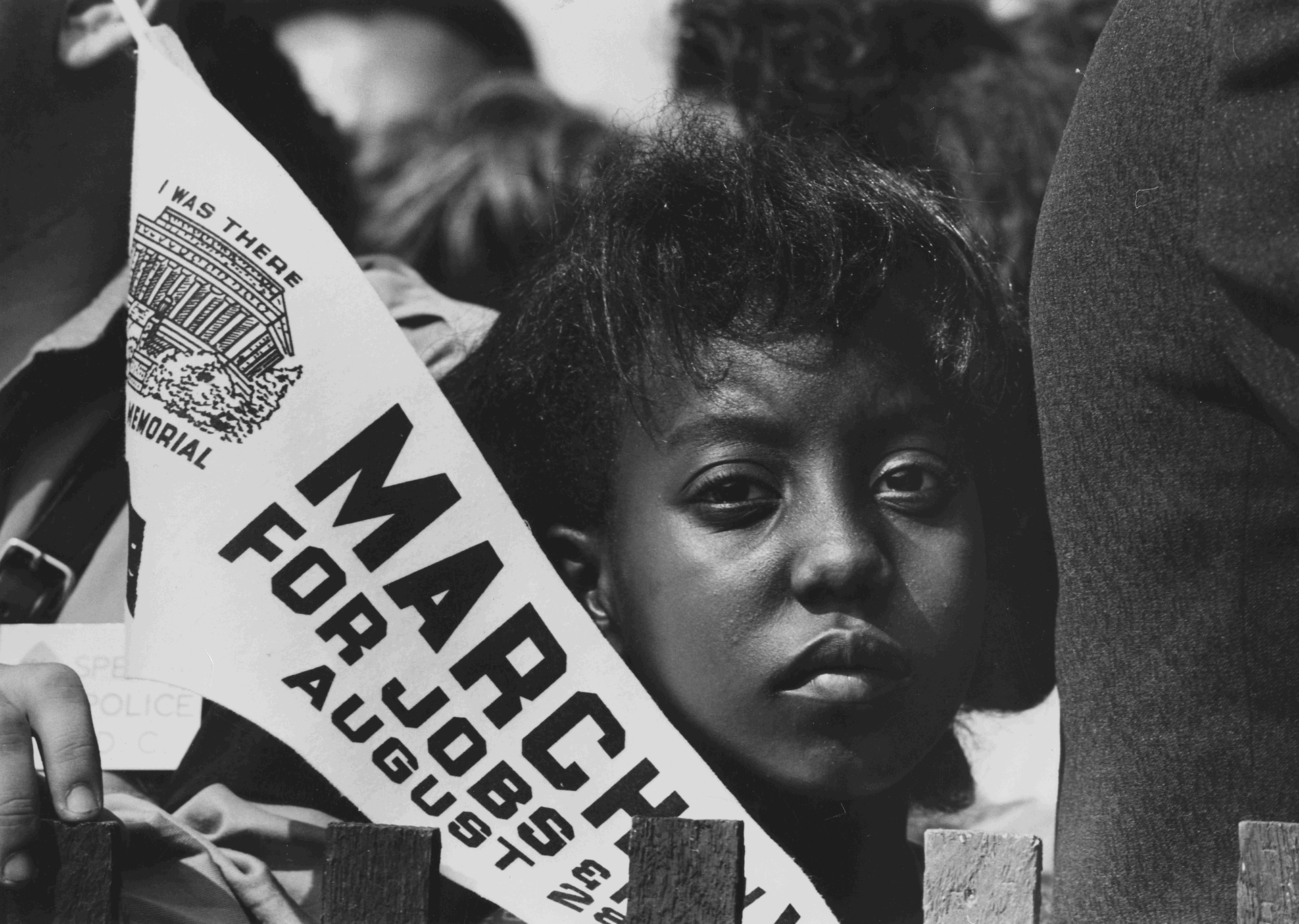Before registering for this class, I did not know what the Civil Rights Movement was. My initial choice for the History 201 class was the Holocaust, but for some reason that course was taken off. There were three other options: History of the News, Body in Chinese Traditions, and American Conservatism, but I ended up with this one for one main reason: it was unfamiliar.
I first learned about the Civil Rights Movement through my SAT writing crash course, where we covered potential examples for the essay. The course was taught by an American professor. Guess who we covered? Martin Luther King and Rosa Parks. I think that that is the most any typical Vietnamese student would know about the Black Freedom Movement. I was by no means a well-versed person, but compared to my Vietnamese friends, I would say that I did take a particular interest in history and global affairs. I had also been learning English ever since I was 6 and was quite exposed to American popular culture (since I was going to study abroad here anyway). Therefore, I think it is fair to say that my knowledge of the CRM was quite representative of, or even broader than other Vietnamese of my age and background. Yes, that is how ignorant we are. And any exposure to this subject in Vietnam, I suspect, would be through the traditional framework of the classical phase. I readUncle Tom’s Cabin back when I was in middle school, and watched 12 Years a Slave, Django Unchained, and Lincolnin high school. They were all set during the 19th century period, and even today, I still cannot name one popular movie of the CRM period.
So what is the problem? When I started writing this, I had to actually call my mom and had her go through my old history textbooks to see how Vietnam’s education covers America of the period. There were two lessons on the United States post 1945. One line of the text was dedicated to the CRM. This really puzzled me. Could it be because we are Communist? Possibly. But we know that there was some intersection between communism and the Civil Rights Movement, and along with the CRM, the Vietnam War was another highlight in the 1960s period of American history. Why wasn’t there more on the topic?
I talked to a fellow Vietnamese Wooster friend about what she knew about the CRM. She said Nelson Mandela. I was not surprised. In one of our English textbooks, there was a reading on Nelson Mandela and his anti-apartheid activism in South Africa. Of course, he was not American, nor was he in any way related to the CRM. But we learned a lot about him, and that was all we knew, and what many of us still associated with the CRM.
In Vietnam, there is only one centralized education system. Textbooks are written by the Ministry of Education, and all public schools follow the same framework for all the subjects. What we learn (or not) has been carefully selected (and censored) by the government. The popular representation of the Black Freedom Movement, or rather my perception of it, deals largely with the earlier period of the 19thcentury rather than the 1950s and 1960s movement. Before this class, I essentially knew nothing. I still know nothing now, but that is what I love about doing History here in the States. It takes you a course like this for you to finally know that you can actually be that ignorant.
